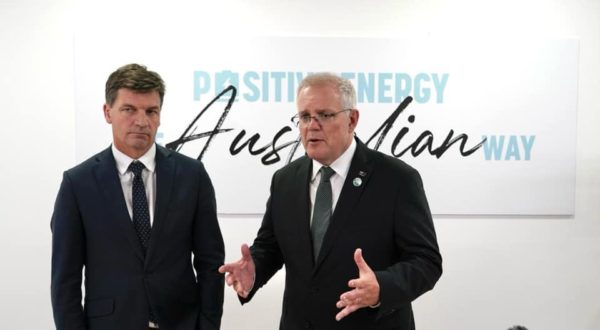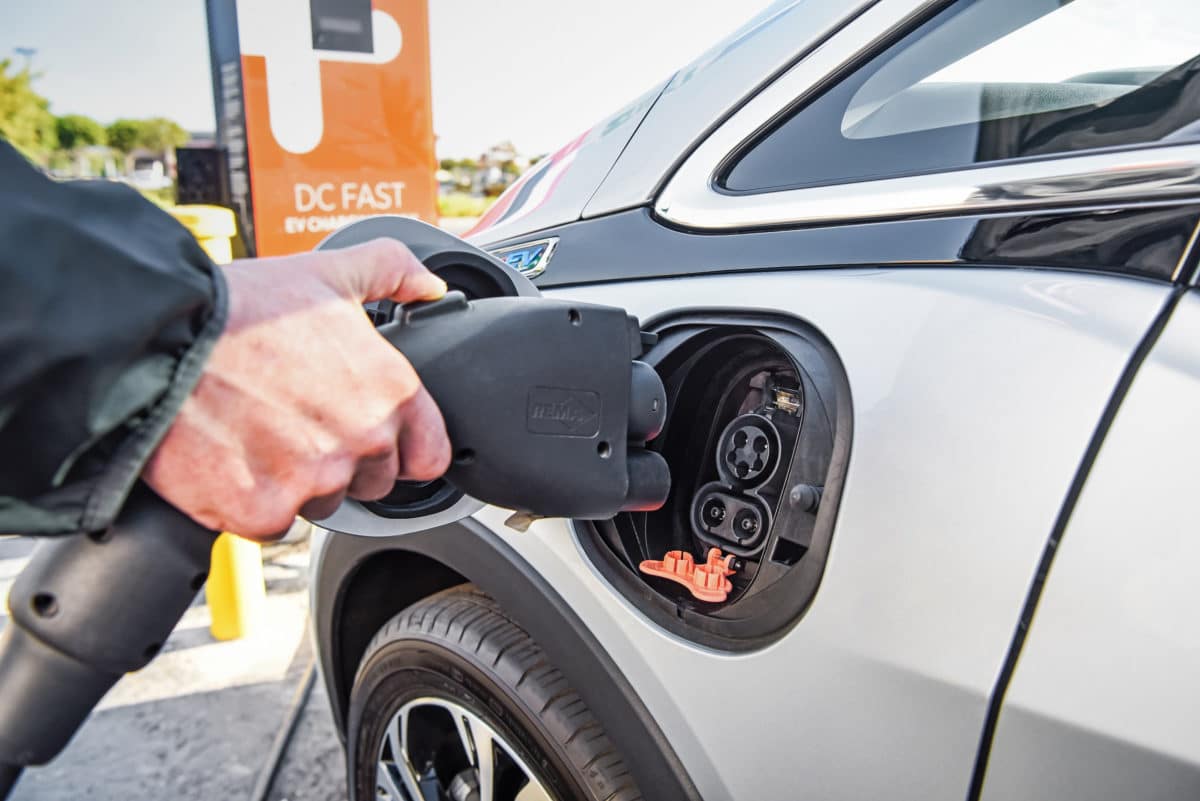If there’s one silver lining to Scott Morrison’s comments last election that the widespread adoption of electric vehicles (EVs) would “ruin the weekend,” it at least put the topic on mind of all Australians.
Three years on, there’s not a zinging one-liner in sight. Despite EVs increasing in capabilities and growing their market share around the globe, there’s significantly less debate on them from our national leaders. Labor at least attempted to make this a headline issue, announcing a $500 million fund to rollout charging stations across the country. The Greens raised the bar even further with a $6.1 billion plan, looking to rekindle car manufacturing in South Australia by empowering the state to tap into the growing global market for EVs.
Yet neither policy has courted a reply from The Coalition, nor have they drawn any real focus on the issue. If anything, EV policy should be front and centre this election. According to the International Energy Agency’s (IEA) global EV outlook, EV sales doubled last year to 6.6 million. Yet in Australia, EVs accounted for only 2% of total vehicle sales – roughly 20,665 cars.

Image: Facebook
An educated guess as to why our leaders are tip-toeing into or around this issue, would be that they’ve seen this figure and believe it is indicative of actual demand for EVs in Australia. It suggests despite global growth, EVs are still a fringe issue in this country – one that won’t win votes.
However, as the leader of a company at the coal face of this trend, the reality is a lot more nuanced. The current policy path of ignoring this trend until it’s too big to ignore is setting up a self-fulfilling prophecy of failure.
EV adoption hinges on action from Canberra. Lingering supply chain problems are prohibiting the variety of EVs entering Australia, which is keeping prices of cars high and stifling overall adoption. Compared to other countries, there’s also little incentive for consumers to adopt an EV in Australia. Many models are still a target for federal luxury car taxes, and separate state-based schemes introducing taxes for kilometres travelled.
Beyond this, our customers still convey hesitation around the number of fast charging stations in their area. Their concern is that if they get an EV, they’ll be stuck plugging their car into a wall at home for hours to be able to use it on any given week.
This is essentially a chicken and egg problem. If policy is put in place to address this issue then the sector will grow. If left unchecked, the sector will still grow, but Australia will be left behind to become a global dumping ground for other country’s second-hard combustion engine cars as they move further towards mainstream EV adoption.
This can’t be ignored forever. Eventually, Australia’s response to climate change will have to focus on the way we move around our cities and the country. We still rank among the top 10 countries globally in the number of cars per capita. The electrification of mobility in Australia is a fundamental piece in reducing our overall emissions and meeting net zero targets.

Carbar
While this election is focused on cost of living, longer term EVs will play a key role in reducing household costs, especially when paired with household energy capture and storage technology. We’re currently see this play out in Europe, where investment in this technology has helped some countries weather the effects of a strained supply in natural gas from Russia.
It’s disappointing that EV adoption policy in Australia has been put on the back-burner this election. The concern is that action on this issue will be slow regardless of who gets into power, simply because it’s not generating as much buzz as it should during the campaign.
Getting the policy setting on this topic right now will ensure our ability to keep up with the global growth. To be clear: EVs won’t “ruin the weekend,” but failing to mount an adequate policy response to their adoption will ruin our ability to capitalise and get ahead of this global trend.
–
Des Hang is the CEO and co-founder of Carbar
The views and opinions expressed in this article are the author’s own, and do not necessarily reflect those held by pv magazine.
This content is protected by copyright and may not be reused. If you want to cooperate with us and would like to reuse some of our content, please contact: editors@pv-magazine.com.








By submitting this form you agree to pv magazine using your data for the purposes of publishing your comment.
Your personal data will only be disclosed or otherwise transmitted to third parties for the purposes of spam filtering or if this is necessary for technical maintenance of the website. Any other transfer to third parties will not take place unless this is justified on the basis of applicable data protection regulations or if pv magazine is legally obliged to do so.
You may revoke this consent at any time with effect for the future, in which case your personal data will be deleted immediately. Otherwise, your data will be deleted if pv magazine has processed your request or the purpose of data storage is fulfilled.
Further information on data privacy can be found in our Data Protection Policy.